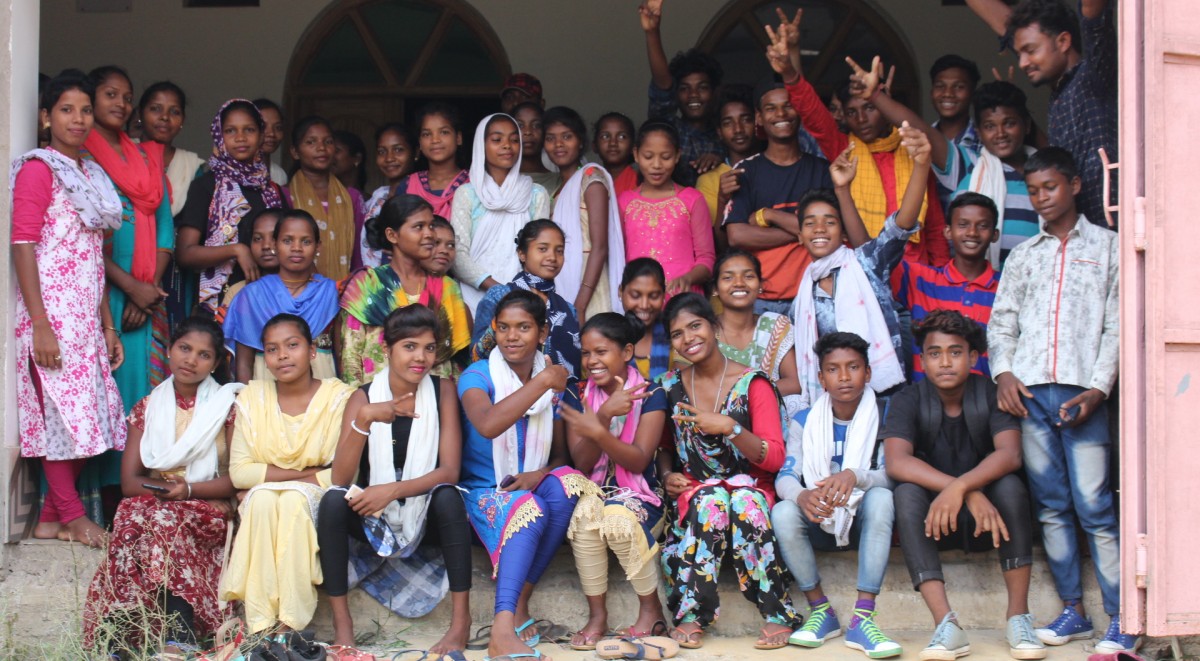
Target group
Children : 1000 (direct benefits with sponsorship/foster care/ adoption/ family strengthening support/health support/training support )
Children with capacity building support: 500 children of age group less than 14 years and 600 adolescent girls & boys within 14 to 18 years.
Through high schools, around 500 more girls will be benefitted. These high school-going girls will be both from the project and surrounding villages.
Villages: Direct Intervention: 20 villages with 2000 families and 10000 populations.
Indirect: It will have an impact on another surrounding minimum of 500 villages of the district with nearly 200,000 Populations.
Goal: Children who are vulnerable to child marriage, sexual abuse, sexual health problem and do not receive adequate care and protection, will live in a stable family situation are securely and happily developing well in the family.
Objectives
- There are enough foster parents/family caregivers who are equipped to offer children security, who let them grow up as normal as possible, and who are able to provide appropriate care.
- Increase awareness on SRHR among adolescents and start life skill education to live with dignity.
- Children are resilient and have a voice in the shaping of their lives with the support of improved parenting skills.
- Strengthened community and state protection mechanism surrounding the children, protecting them from child marriage, sexual abuse, and increased capacity of adolescent girls on availing and asserting their sexual health and reproductive right.
Strategy 1: Foster/kinship families and vulnerable families in the programme receive support in obtaining an income for the whole family and for taking care of the foster children.
Strategy 2: Families receive parenting support to be able to create a safe environment for the children
Strategy 3: Holistic development plan for vulnerable children is prepared in which the wishes and potentials of the child have been discussed with the child and the family and, where possible, is taken into account.
Strategy 4: Platforms in communities, GP and district level (SHG`s, child clubs, safety nets) with special attention for children in alternative care are established and supervised.
Strategy 5: Cooperation with schools and teachers giving special attention to the special needs of foster children
Donor: Kinderpostzegels, Netherland
